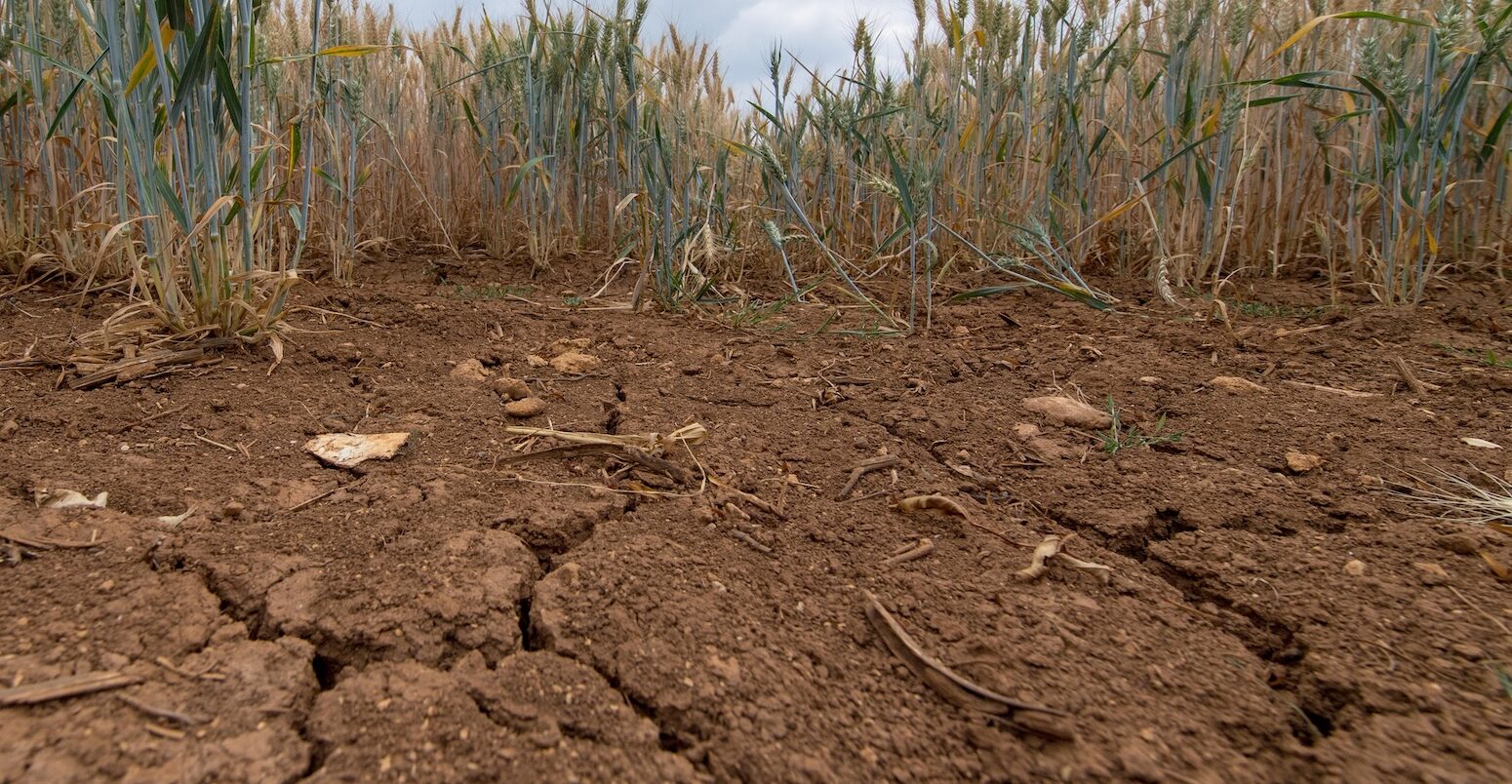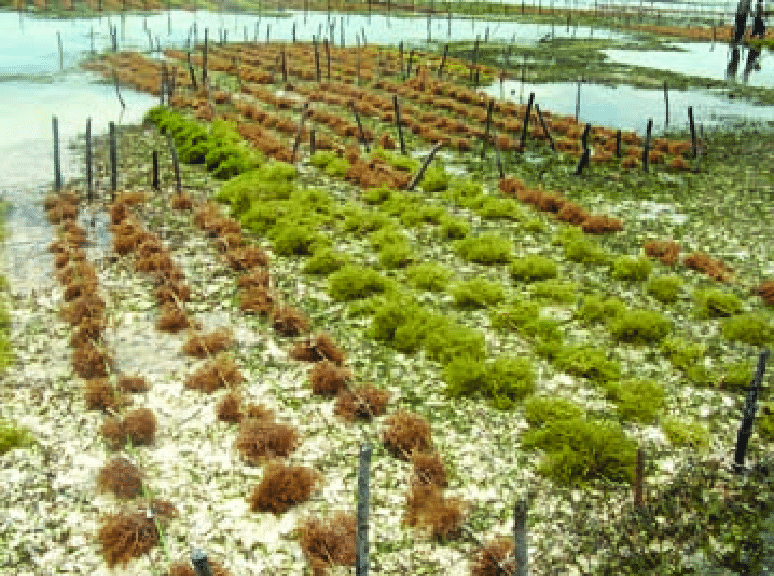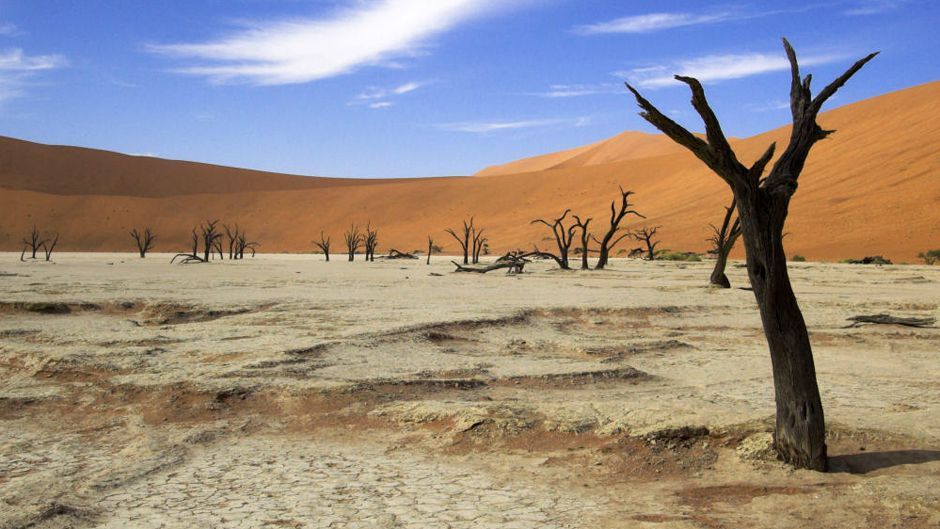Limited community education and awareness about biodiversity conservation pose significant obstacles to the conservation of white storks in Kongwa and Mpwapwa districts in the Dodoma Region of Tanzania.
Neema Mwaja, Nature Tanzania Project Officer in Kongwa Field Office in Dodoma, highlighted to the ‘Daily News’ that white storks are migratory birds, traveling from Europe, particularly Germany, to Africa, including Tanzania. These storks migrate to Tanzania between December and February, seeking food, particularly insects like caterpillars, as food becomes scarce in Europe during the winter season. The white storks then return to Europe in March.
Mwaja explained that during their migration, white storks pass through various countries including Kenya, South Sudan, and Israel before reaching Germany. In Europe, they lay eggs and hatch chicks before embarking on their return journey to Africa. However, despite the critical role of these birds in maintaining biodiversity, the lack of education and awareness within the local communities hinders efforts to conserve them effectively.
According to her, the number of white storks in Kongwa and Mpwapwa was more than 600 last year but currently there are only 100 white storks due to their migratory behaviour.
“There is still a problem of community’s low awareness about biodiversity conservation because they kill them with poison either for business purposes or for stew, but in collaboration with other stakeholders, we have already started educating the community about the importance of such birds,” said Mwaja.
She said they once took samples from killed or poisoned birds to the Government Chemist Laboratory Authority (GCLA) for investigation and the results showed that the residents of Kongwa and Mpwapwa face risk of contracting respiratory system diseases by eating poisoned white storks.
She said that Nature Tanzania is committed to changing the behaviour of killing birds illegally. In this regard, Nature Tanzania supported the communities to establish income generating activities as an alternative way to stop the illegal killing of birds.
Mwaja further noted that communities were supplied with 50 beehives, honey harvesting clothes and honey processing machines. According to her, the microproject enabled the communities to harvest more than 400 kilos of honey in two rounds of production.
Other groups including the youth (previous hunters) have been supported to form two football teams and established poultry projects together with piglet farming.
She said that there are also programmes being implemented at the school level involving primary and secondary schools, aimed at educating students and motivating them to become ambassadors of biodiversity conservation and environment protection.
“The project is running birdwatching and tree nursery programmes in six schools. In addition, the communities were provided with 15,000 seedlings to plant at their homes and open areas as part of landscape restoration,” she said.
Mwaja said the conservation of white storks in Kongwa and Mpwapwa in Dodoma started in 2021 in four villages, two in Kongwa and the other two in Mpwapwa.
She said Nature Tanzania commends its stakeholders including offices of District Commissioners of Kongwa and Mpwapwa, TFS, their donors NABU International Foundation and Sustainable Health Initiative (SHI) for giving reproductive health education to the residents.




